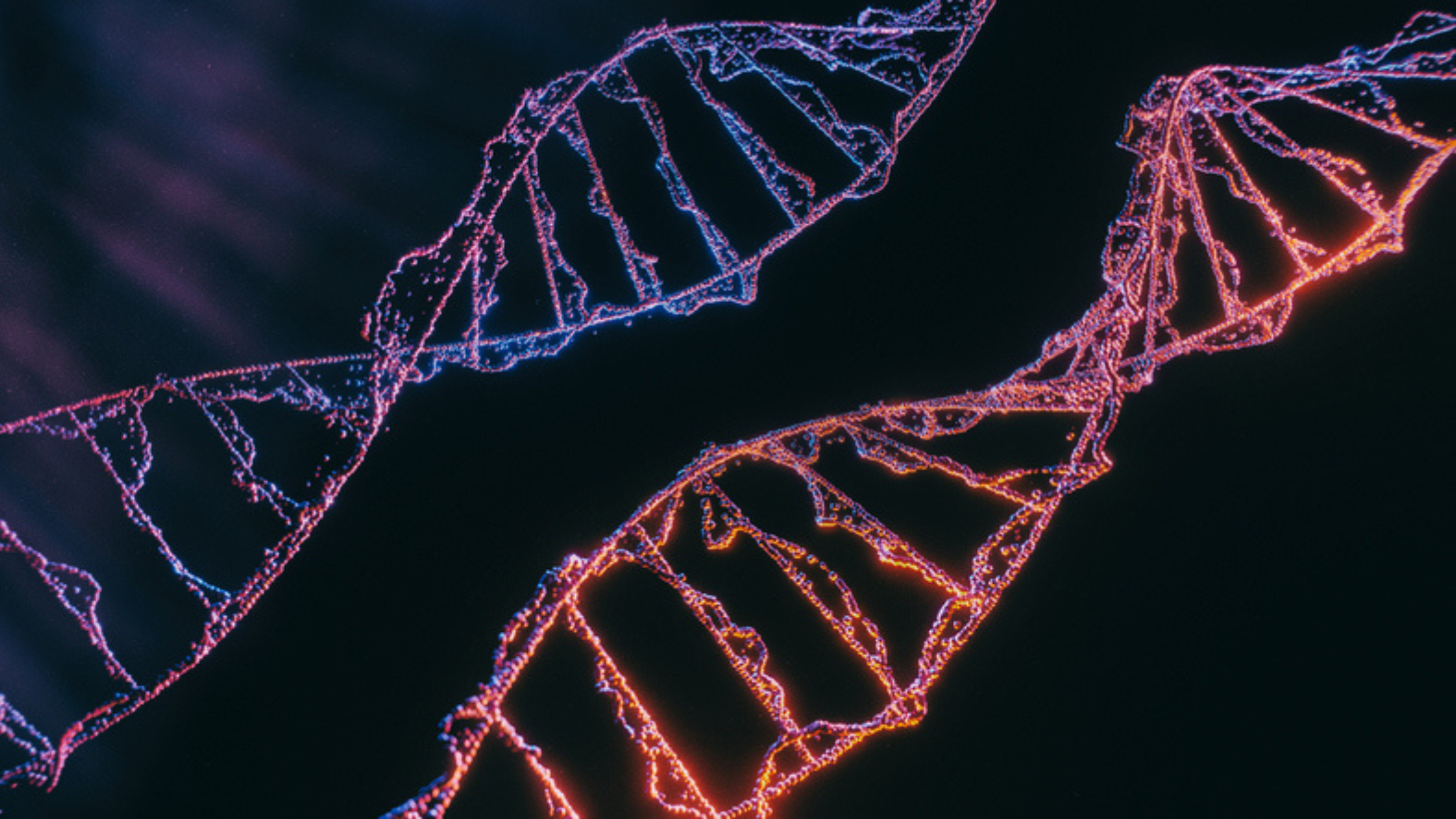Key Takeaways:
- Engaging in small acts of kindness can reduce stress, promote heart health and reduce the risk of chronic diseases.
- Science shows that altruism activates brain regions associated with longevity.
- Studies suggest that regularly performing kind acts can improve mental health.
____________________
Could extending your life be as simple as showing kindness to others? Here’s a fun fact: Research has shown that people who regularly engage in acts of kindness like volunteering have up to a 22% reduced mortality risk compared to those who don't (R). While kindness seems like a small gesture, its impact on your health and longevity is profound.
The Science of Kindness and Your Heart
Kindness doesn’t just warm the heart; it actually protects it. Studies have demonstrated that engaging in altruistic behaviour can significantly reduce levels of cortisol, the body's primary stress hormone. Chronic stress is linked to heart disease, hypertension, and other health problems. By lowering your stress levels through kindness, you can reduce your risk of these chronic diseases (R).
But how exactly does kindness help your heart? When you perform kind acts, your body releases oxytocin, sometimes called the "love hormone," which has a calming effect on your cardiovascular system. This hormone also promotes the release of nitric oxide, which dilates blood vessels, lowering blood pressure. So, each time you help someone out, you're not just making their day better—you're also taking care of your own heart (R, R).
Now that you know how kindness impacts your heart, let’s explore how it influences another key organ—your brain.
Kindness and Its Profound Effects on the Brain
The idea that kindness can rewire your brain might sound like something out of science fiction, but the research is compelling. Acts of kindness activate the brain’s reward system, releasing chemicals like dopamine and endorphins that give you a sense of satisfaction and well-being (R). This "helper's high" doesn't just feel good in the moment—it also has long-lasting effects on your mental health.
Over time, repeated acts of kindness strengthen these neural pathways, helping to ward off depression and anxiety. Studies have shown that people who regularly volunteer or perform kind acts experience lower rates of mental health issues (R). Improved mental health translates to a better-functioning immune system, reduced inflammation, and longer life expectancy.
From the brain, let’s move to an area less talked about—how kindness impacts your social connections and the quality of your relationships, which can further extend your lifespan.
Building Social Bonds Through Kindness
Humans are social creatures, and the strength of your social bonds has a direct impact on how long you live. Numerous studies have highlighted the importance of strong social connections in promoting longevity, with one famous study even suggesting that loneliness can be as harmful to your health as smoking 15 cigarettes a day (R).
Kindness helps forge these social bonds, creating a ripple effect that can enhance your sense of belonging and support. When you act kindly towards others, you're more likely to receive kindness in return, fostering a supportive network that benefits everyone involved. This reciprocal kindness reinforces a sense of community, which is a well-known predictor of longevity.
As you begin to incorporate more kindness into your daily routine, consider the wider-reaching benefits, not just for you, but for society as a whole. Let's now explore how spreading kindness can even extend to global health improvements.
The Ripple Effect of Kindness on Global Health
Did you know that collective acts of kindness could improve not only individual lives but also the health of entire populations? Researchers have found that communities with higher levels of altruism tend to experience lower rates of violence and crime, better mental health, and even reduced mortality rates (R). In essence, kindness breeds more kindness, and the benefits extend far beyond the individual level. Now let’s explore 7 simple ways to you start bringing kindness into your day.
7 Simple Acts of Kindness You Can Do Every Day
1. Smile at a Stranger
A smile can go a long way. It’s a small, effortless act that can brighten someone’s day and release your own feel-good chemicals like dopamine and serotonin.
2. Compliment Someone
Give a genuine compliment to a friend, colleague, or even a passerby. Uplifting others not only boosts their mood but also strengthens your own sense of connection and happiness.
3. Hold the Door Open
A classic yet powerful gesture. Offering a small courtesy such as holding the door for someone, shows consideration and helps create a more positive, connected environment.
4. Send a Kind Message
Take a moment to text a friend or family member something encouraging or simply to let them know you’re thinking of them. Positive connections help reduce stress and increase life satisfaction.
5. Help a Neighbour
Whether it’s helping carry groceries, mowing the lawn, or lending a tool, small neighbourly gestures foster a sense of community and contribute to your social bonds.
6. Pick Up Litter
Help the environment by picking up rubbish you see on the ground. Acts of kindness towards nature contribute to a healthier world while giving you a sense of purpose.
7. Pay It Forward
Buy a coffee for the person in line behind you or leave a little extra tip. These small gestures of generosity can significantly impact your mood and create a ripple effect of kindness.
These small acts can be easily integrated into your day, helping reduce stress, improve your social bonds, and contribute to a longer, healthier life.
By promoting a culture of kindness, we can create environments that foster physical and emotional well-being, improving the overall health of our communities and potentially increasing the average life expectancy on a global scale.
To learn more about how you can contribute to a kinder, healthier world read our blog: The Longevity Benefits of Positive Relationships and Close Friends.





